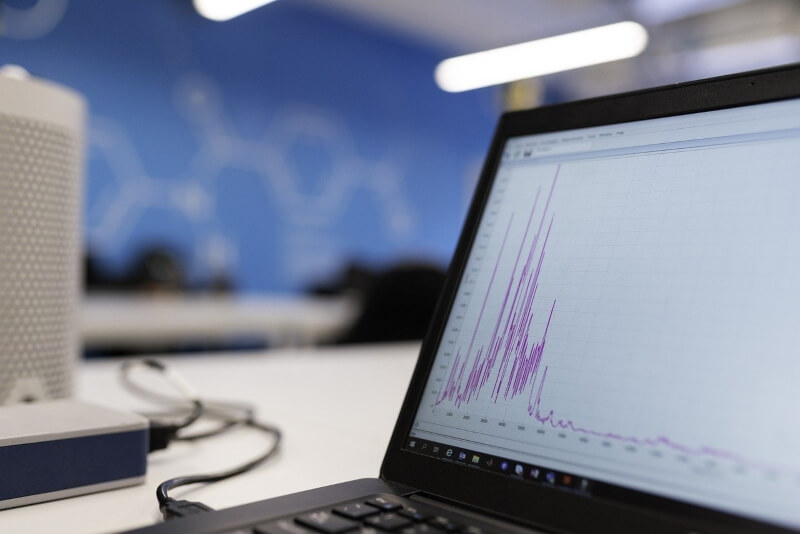
The Covid-19 pandemic sent shockwaves through global economies, with investors feeling the pinch as markets tumbled and recovery proved to be anything but straightforward. The FTSE 100, which hit highs of over 7,500 points in January, plummeted by an unprecedented 34%; since then, rises have been moderate and fluctuating. With the crisis far from over, markets are likely to remain volatile in the coming months.

Investors may, therefore, be reluctant to pile more money into funds that could yield little growth, but Pound Cost Averaging offers a profitable and safe way forward.
What Is Pound Cost Averaging?
In times of economic turmoil, investors may be anxious about entrusting a lump sum to stocks and shares. However, with interest rates at record lows, leaving the money in a regular savings account ‘until the stock market improves’ is also a fruitless choice. An alternative is Pound Cost Averaging, whereby regular payments are made over a period of time, instead of ‘buying big’ at a single price.
Timing is everything when buying stocks and shares. Investing heavily when prices are high risks being exposed to market drops, whereas a declining market offers a greater scope to capitalise on rising prices once the market begins to improve.
In essence, buying when the markets fall means you are purchasing units when they are cheapest – in effect, you’re getting far more for your money than when the markets are rising.
The Benefits Of Pound Cost Averaging
Investing all your capital in one lump sum may be a wise choice when the financial outlook is positive, but in an uncertain market that is as likely to fall as it is to grow, investing at the wrong time could result in near-instant losses.
As an example, consider the situation during the Covid-19 crisis:
- In mid-January 2020, the FTSE reached 7,674 points. Investing heavily at this point, after a year of steady growth, might have been tempting but, with prices plummeting as the UK entered lockdown, significant losses would have been suffered.
- Since the end of March, the FTSE has grown steadily and, while it has failed to reach the heights of early 2020, its performance has been relatively stable, with no significant falls. For investors, Pound Cost Averaging during this time would have offered greater reassurance that their money wouldn’t take a significant hit, building confidence in their investment and protecting it against sudden losses.
Pound Cost Averaging, therefore, offers insurance against the market falling sharply soon after the investment is made. If only part of the money is invested, losses will be minimised, making it a logical and prudent strategy during periods of instability.
Covid-19: Why Now Is A Good Time To Use Pound Cost Averaging
While lockdown restrictions in the UK have eased in recent weeks, the Covid-19 crisis isn’t over yet. A resurgence of the disease in other countries is, perhaps, a taste of things to come, while global economies continue to be buffeted by strong headwinds.
With the FTSE steady between 6,200 and 6,300 points, the rest of this year could be an ideal time to invest using the Pound Cost Averaging method. Bumps in the road are likely, if not inevitable, so investing tranches of money will help protect your investments against moderate to significant falls but enable you to enjoy some growth as the markets gradually improve.
Other Investment Strategies In Turbulent Times
It’s important to realise that a bad year on the stock market does not spell long-term disaster! You may feel pessimistic about the outlook, but there are strategies you can take to minimise your losses:
Don’t Panic
The falls this year may have been the stuff of every investor’s nightmare, but history proves that even the worst drops are followed by steady growth.
Investments are, after all, a long-term strategy of at least five years. For a shorter period, other options, such as cash ISAs, offer more guaranteed gains. Don’t be tempted to market-watch too closely. In periods of volatility, you’ll only see the worst-case scenario and be tempted to make overhasty decisions. Withdrawing your money altogether will deprive it of the chance to make recovery gains, leaving you out of pocket overall.
Diversify
Diversification is always good practice to protect your investments against sudden falls in some sectors. Like putting all the eggs in one basket, exposing your assets to increased risk in limited funds is acceptable for some investors, but not for everyone. Diversification means any losses can be limited to specific funds and boosts your chances of investing in up-and-coming sectors that do well on the back of a global emergency.
Get In Touch Today
For professional advice about your options, and how to use Pound Cost Averaging to rebuild your portfolio, simply get in touch with our specialists at SFIA today. We offer impartial financial advice to both private investors and businesses, and can help you get the most growth out of your capital, whatever the economic climate.
Image source: Pixabay
